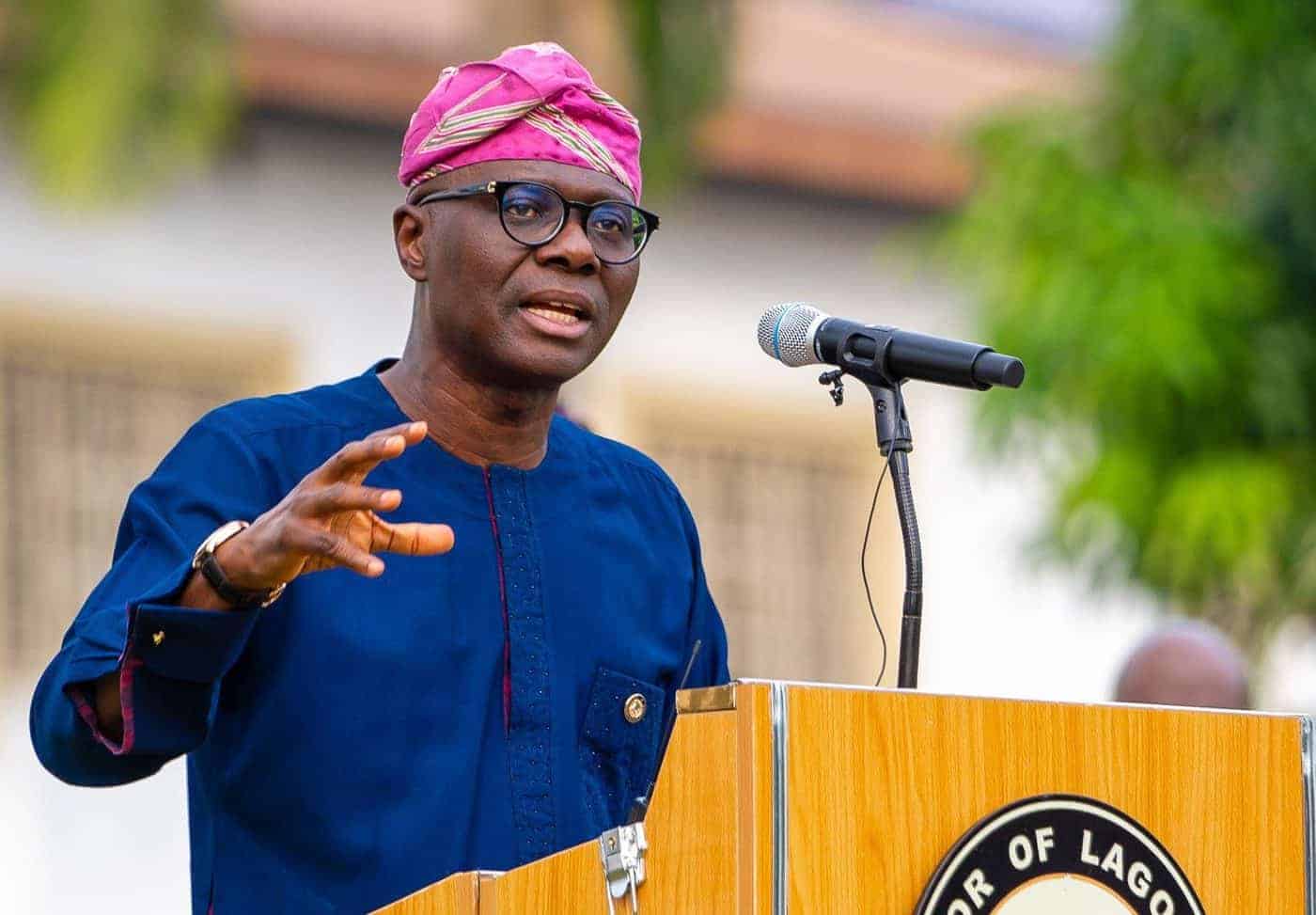Lagos state set to charge Uber, Bolt maintenance fee

Cab-hailing companies operating in Lagos, Nigeria’s commercial capital and most populous city, will now pay a road maintenance fee to the state government.
This was one of the resolutions reached after a meeting between the Lagos State Governor Babajide Sanwo-Olu and the executives of e-hailing services like Uber and Bolt on Friday, August 14, 2020.
Both parties agreed that “there must be comprehensive insurance cover which will cover drivers and passengers,” says Chief Press Secretary to the Lagos State Governor, Gboyega Akosile.
There has been social media uproar over new operating license fees levied on the companies in a tough business climate.
This week, news emerged that a new Lagos state government policy has mandated e-hailing taxi firms to pay N25 million annually to the state government per 1,001 vehicles for an operational license.
The firms were also asked to pay N10 million annually for renewal of said license for every 1, 001 cars in their pool.
New entrants to the business were asked to part with a N10 million provisional fee to the state government before the commencement of operations, various media outlets had reported.
Akosile says during the meeting, the Lagos state government and the cab hailing companies agreed to reduce operational license fee by 20 percent. “A flat rate fee of N20 to be known as a road improvement fund will be levied on each ride/trip.
“There will be a 90-day compliance with documentation for the drivers. There will be a one-stop shop for all the documentation (especially LASSRA Card- Lagos State Resident Registration Agency).
“E-hailing companies will work with various bodies in the business for a good relationship. There must be due diligence and background checks on all drivers. Riders have also been asked to desist from offline trips and transactions and must make necessary data available to the government,” Akosile adds.
There were reports that the cab-hailing firms have been asked to use newer cars for their operations. Akosile says this is fake news.
“The idea of e-hailing companies using a car of “3 years” and below is fake news. It is for what we call ‘corporate cabs’. This has nothing to do with the e-hailing business,” he says.
There have been fears that the new guidelines for cab-hailing services in Lagos will inevitably lead to a hike in fares for the end user, with the Nigerian economy in dire straits no thanks to the global COVID-19 pandemic.
The post Lagos state set to charge Uber, Bolt maintenance fee appeared first on Kemi Filani News.

Post a Comment